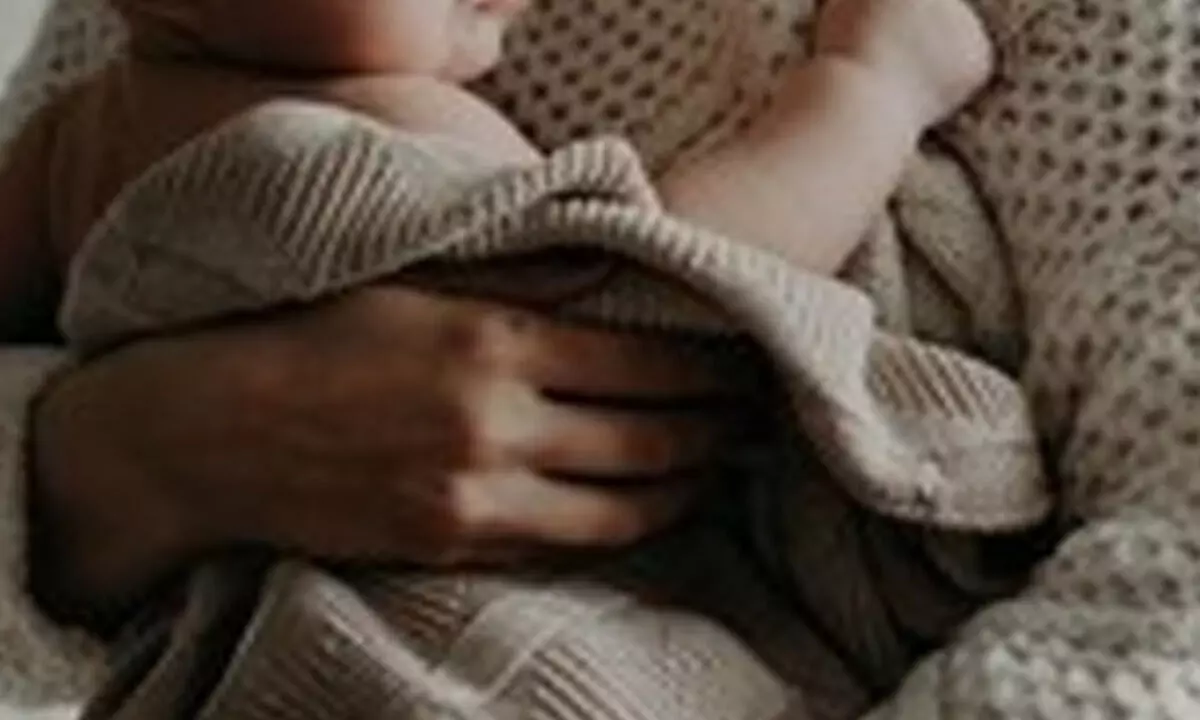Young infants use their mother’s scent to see faces: Study
Share :

Ever imagined how babies see the world? An interesting study on Thursday showed that young infants aged between four and 12 months use their mother’s scent to perceive faces.
New Delhi: Ever imagined how babies see the world? An interesting study on Thursday showed that young infants aged between four and 12 months use their mother’s scent to perceive faces.
The study published in the Child Development journal noted that younger infants benefitting the most from the presence of their mother’s odour, and that their ability greatly improves between four and 12 months.
Further, researchers including from Universite de Bourgogne and the University of Hamburg in France suggest that older infants efficiently perceive faces from visual information, and they do not need to rely on other concurrent cues anymore.
The study aimed to find whether olfactory-to-visual facilitation declines gradually as infants grow and become more efficient at perceiving faces solely from visual information.
To understand, the team tested 50 infants aged from 4 to 12 months and found that the face-selective EEG response increases and complexifies between 4 and 12 months, indicative of improved face perception with development.
“As expected, we also found that the benefit of adding the mother’s body odour diminishes with age, confirming an inverse relation between the effectiveness of visual perception and its sensitivity to a concurrent odour,” said Dr. Arnaud Leleu, Associate Professor of psychology and neuroscience from the Universite de Bourgogne in Dijon, France.
Overall, this demonstrates that visual perception actively relies on odour cues in developing infants until the visual system becomes effective by itself, said the researcher.
Dr. Leleu noted that the findings also reveal the importance of early exposure to concurrent sensory inputs from different modalities for perceptual learning. It may aid in the development of higher-level abilities “such as semantic memory, language, and conceptual reasoning”.
















